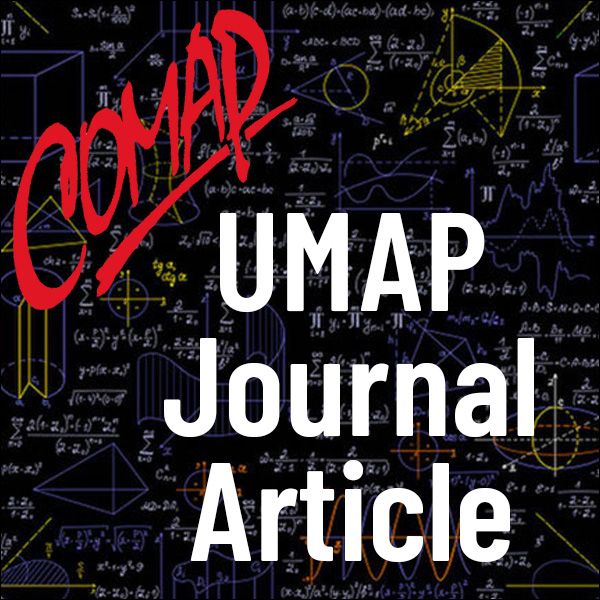Optimal Growth and Productivity in Organizations (UMAP)
Author: Joe Marasco
We examine the interaction of growth and productivity. We put forth a very simple model to enable managers to understand better what occurs as new team members are integrated into an existing organization. While the model is straightforward, it does permit some interesting predictions. We show with some simple graphs how the various factors interact, with a cautionary note on nonlinear relationships. Once we have understood the implications of the model, we need to do whatever we can to mitigate the negative effects of growth. While there are no clear answers to all the problems that growth presents, we suggest some measures that directly affect the parameters to which the model is sensitive. Experience shows that paying careful attention to these factors can pay big dividends. This article sits at the intersection of organizational development and project management. The organization needs to cope with the problems of growth in order to prosper, while the projects that it does need to be concerned with productivity and cost. These two needs are often seen to be in conlfict, requiring delicate tradeoffs. We attempt here to show areas of commonality and ways in which both objectives can be achieved.
Table of Contents:
INTRODUCTION
THE NAIVE MODEL
THE EFFECT OF NEW HIRES
Contribution
Drag
THE MODEL AND ITS ASSUMPTIONS
CONSEQUENCES OF THE MODEL
NAILING THE MULTIPLIER
USEFUL HOURS ADDED TO PRODUCT
WHAT ABOUT COST?
AN ILLUSTRATIVE EXAMPLE
A NOTE ON NONLINEARITY
CALL TO ACTION
CONCLUSIONS
APPENDIX A: NOMOGRAPH
APPENDIX B: SPREADSHEET
REFERENCES
ABOUT THE AUTHOR

Mathematics Topics:
Application Areas:
You must have a Full Membership to download this resource.
If you're already a member, login here.